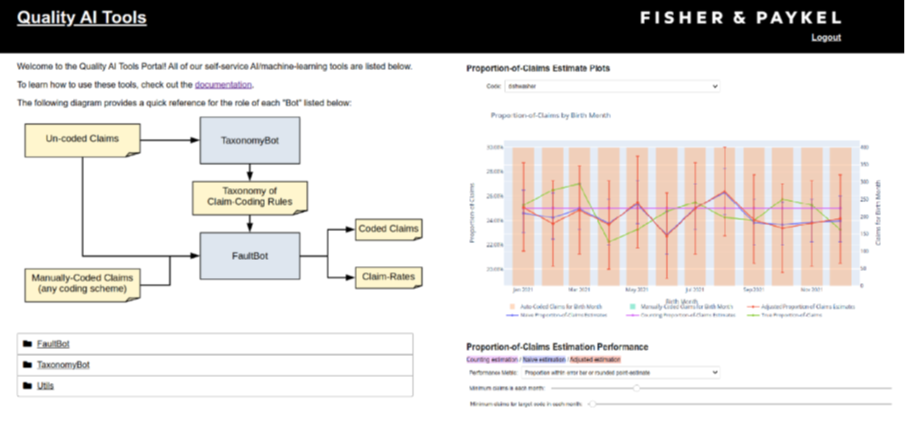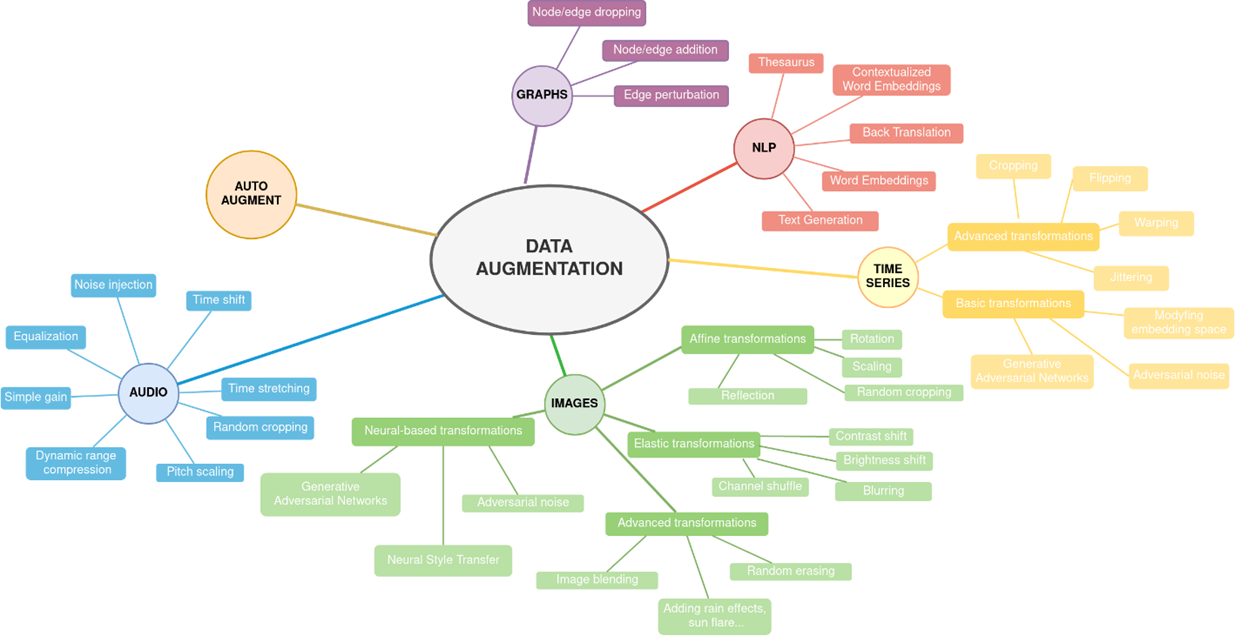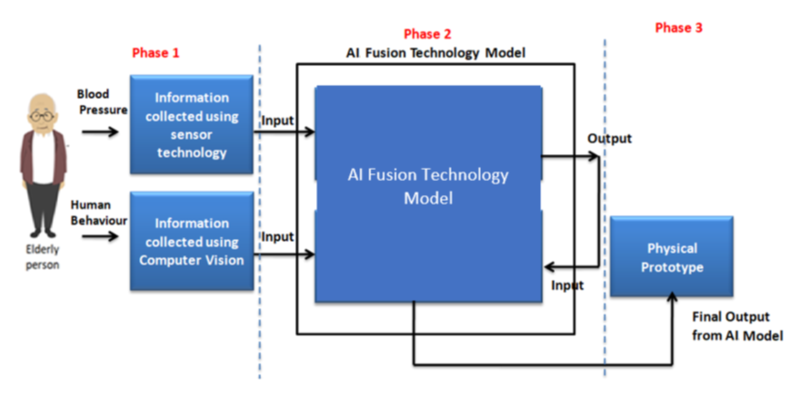Machine Intelligence and Control
This research theme focuses on advancing the techniques of machine learning and intelligent control for dynamic and complex systems.
Research areas
- Classification and augmentation in natural language processing
- Human behaviour and situation recognition
- Autonomous vehicle systems
Our current projects
The focus of this research project is on acceptance testing of autonomous vehicles (AVs). Comprehensive tests conducted independently from car manufacturers are of primary interest to government authorities. Current methods include testing on a closed circuit and on the open road.
The former method is expensive to set up and quite different from real-life driving conditions. The later method is potentially dangerous and yet unable to test the vehicle under all kinds of conditions.
The aim of this project is to develop scenario-based systems that test the AVs in a flexible, safe, and cost-effective way, providing virtual scenarios to the vehicle sensors with digital twin technology to monitor the vehicle’s actions as it is driven on a stationary mechanical platform that provides loading and drives the wheels.
This project is in collaboration with the Institute of Automation, Shandong Academy of Sciences.
Principal investigators
- Edmund Lai
- Jing Ma
- Peter Chong

This research project aims to develop text classification techniques that are suitable to an environment where the distribution of the data and the classes could slowly or abruptly change. The developed techniques have been implemented as a suite of software tools that help appliance manufacturers to categorise warranty claims based on the identified type of faults.
This project is funded by Callaghan Innovation and in partnership with Fisher & Paykel Appliances.
Principal investigator
- Edmund Lai

Deep learning models require a large set of labelled data for training in a supervised manner. For image recognition and classification, there are effective methods to generate augmented data from the training data to provide shift and rotation invariance.
However, there are so far no principled and effective ways to generate augmented natural language data. This project aims to develop such methods from first principles that will be applicable to all text types.
The possibility of reinforcing implicit bias through such augmentation techniques will also be investigated.
Principal investigator
- Edmund Lai

Elderly people who live alone are the most at risk of fatal fall-related accidents. The high fatality rate is due to their falls not being monitored and timely reported to receive immediate medical care and other assistance.
This research investigates the development of a fall prediction model based on advanced artificial intelligence (AI) techniques such as deep learning, and both wearable and non-wearable sensors for health condition and behaviour detection. The early fall symptoms will be monitored and when identified, the elderly and his/her caregiver will be alerted based on the severity and probability of fall.
This project is funded by Callaghan Innovation and in partnership with Smartlife.
Principal investigator
- Peter Chong

Members
Theme leader
Theme members
PhD students
- Jia Hui Feng
- Jianhua Zhao
- Deepika Mohan
- Fucheng Zheng
- Ziyu Wang
- Ke Liu